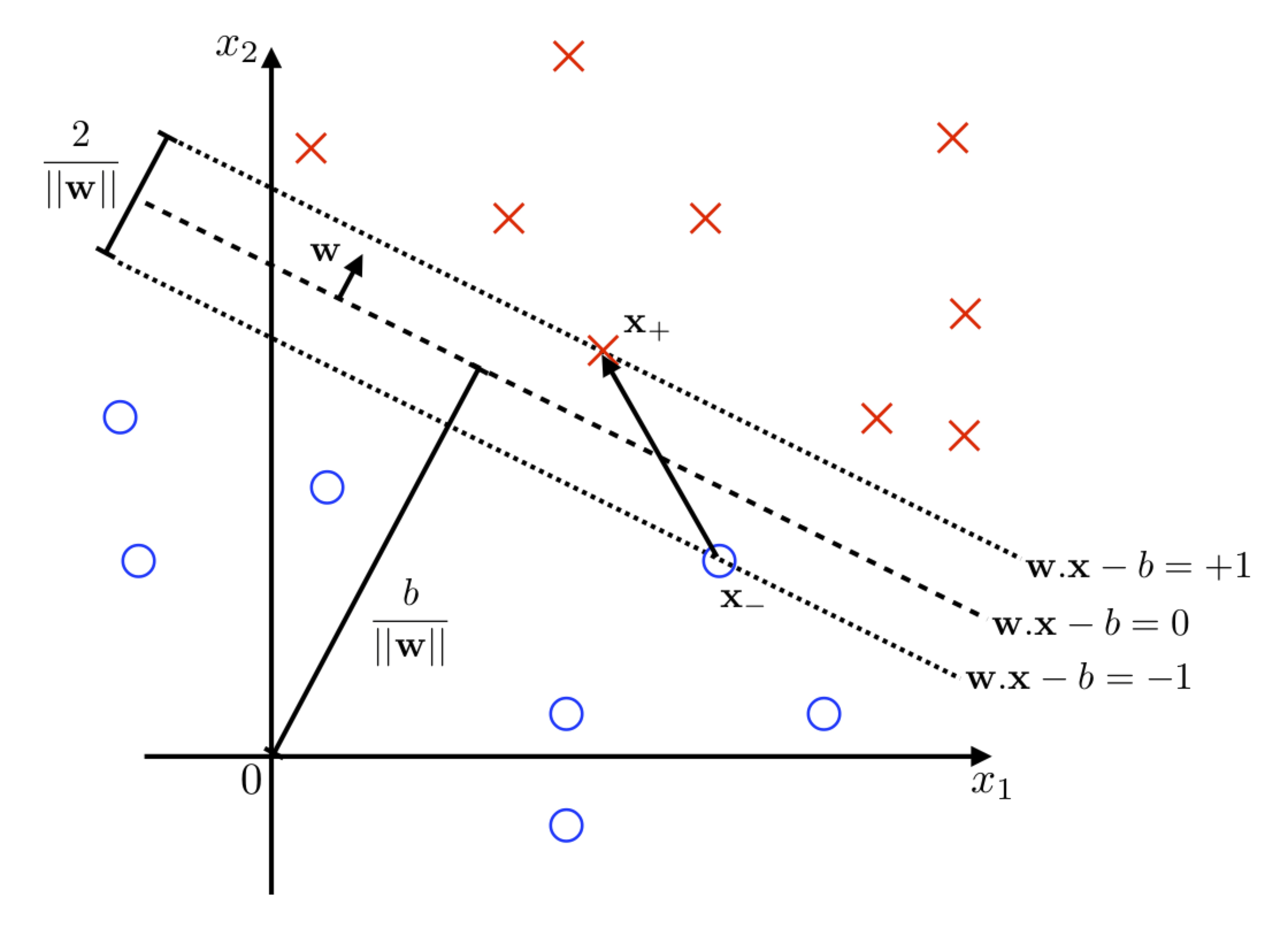 SVM-based learning of helical antimicrobial peptide sequences
SVM-based learning of helical antimicrobial peptide sequences
Machine learning-enabled discovery and design of membrane-active peptides
Abstract
Antimicrobial peptides are a class of membrane-active peptides that form a critical component of innate host immunity and possess a diversity of sequence and structure. Machine learning approaches have been profitably employed to efficiently screen sequence space and guide experiment towards promising candidates with high putative activity. In this mini-review, we provide an introduction to antimicrobial peptides and summarize recent advances in machine learning-enabled antimicrobial peptide discovery and design with a focus on a recent work Lee et al. Proc. Natl. Acad. Sci. USA 2016;113(48):13588-13593. This study reports the development of a support vector machine classifier to aid in the design of membrane active peptides. We use this model to discover membrane activity as a multiplexed function in diverse peptide families and provide interpretable understanding of the physicochemical properties and mechanisms governing membrane activity. Experimental validation of the classifier reveals it to have learned membrane activity as a unifying signature of antimicrobial peptides with diverse modes of action. Some of the discriminating rules by which it performs classification are in line with existing “human learned” understanding, but it also unveils new previously unknown determinants and multidimensional couplings governing membrane activity. Integrating machine learning with targeted experimentation can guide both antimicrobial peptide discovery and design and new understanding of the properties and mechanisms underpinning their modes of action.